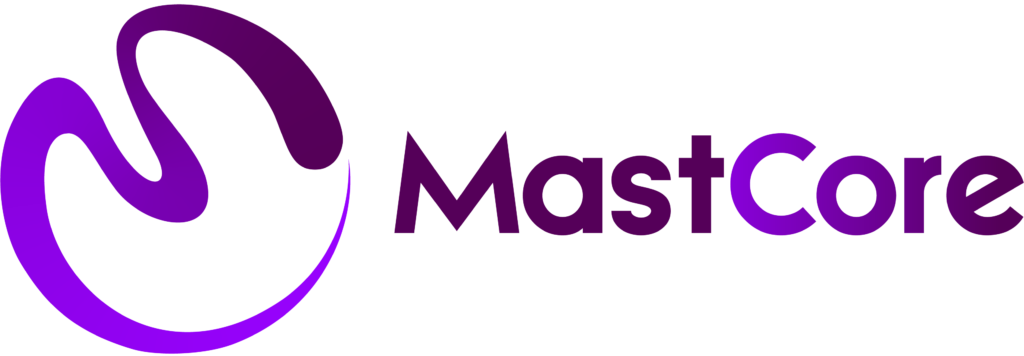In the era of extensive connectivity, digital marketing stands as an essential instrument for businesses to effectively connect and interact with their intended audience.. With the rise of the internet and social media platforms, the landscape of marketing has undergone a significant transformation, leading to the emergence of new strategies, trends, and best practices in the field of digital marketing.
What is Digital Marketing?
Digital marketing encompasses a broad range of online marketing tactics and channels aimed at promoting products or services using digital technologies. Unlike traditional marketing methods, digital marketing leverages the power of the internet, social media, search engines, email, and other digital platforms to connect with consumers and drive business growth.
Key Strategies in Digital Marketing
1. Search Engine Optimization (SEO)
SEO entails enhancing your website to boost its visibility and position on search engine results pages (SERPs). By optimizing your website’s content, structure, and performance, you can attract more organic traffic and increase your site’s chances of being discovered by potential customers.
2. Content Marketing
Content marketing entails the creation and dissemination of valuable, pertinent, and cohesive content aimed at captivating and retaining a precisely defined audience. By producing high-quality content such as blog posts, articles, videos, and infographics, businesses can establish themselves as industry leaders and build trust with their audience.
3. Social Media Marketing
Engaging in social media marketing entails leveraging various social media platforms such as Facebook, Instagram, Twitter, and LinkedIn to promote products or services and interact with customers. By creating compelling content, running targeted ads, and interacting with followers, businesses can boost brand awareness, drive website traffic, and generate leads.
4. Email Marketing
Email marketing involves sending personalized emails to prospects and customers to nurture relationships, promote products or services, and drive conversions. By delivering relevant and timely content directly to their inbox, businesses can keep their audience engaged and increase sales and revenue.
5. Pay-Per-Click (PPC) Advertising
PPC advertising allows businesses to bid on keywords and display ads on search engine results pages or other websites. By targeting specific keywords and demographics, businesses can drive targeted traffic to their website and pay only when users click on their ads, making it a cost-effective advertising solution.
Emerging Trends in Digital Marketing
1. Voice Search Optimization
With the increasing popularity of voice-activated devices like smart speakers and virtual assistants, optimizing content for voice search has become essential. Businesses need to adapt their SEO strategies to target long-tail keywords and conversational queries to improve their chances of appearing in voice search results.
2. Video Marketing
Video marketing continues to gain momentum as one of the most effective ways to engage audiences and convey messages. Businesses are increasingly leveraging video content across social media platforms, websites, and email campaigns to capture attention, tell stories, and showcase products or services.
3. Artificial Intelligence (AI) and Machine Learning
AI and machine learning technologies are revolutionizing digital marketing by providing valuable insights, automating tasks, and personalizing experiences. Businesses can use AI-powered tools for data analysis, customer segmentation, content generation, and predictive analytics to enhance their marketing efforts and drive better results.
4. Influencer Marketing
Influencer marketing involves partnering with social media influencers and content creators to promote products or services to their followers. With consumers increasingly trusting recommendations from influencers, businesses are investing in influencer partnerships to reach new audiences, build credibility, and drive conversions.
Best Practices for Digital Marketing Success
1. Set Clear Goals and Objectives
Before implementing any digital marketing strategy, it’s essential to define clear goals and objectives that align with your overall business objectives. Whether it’s increasing brand awareness, driving website traffic, or boosting sales, having specific, measurable goals will guide your marketing efforts and measure success.
2. Know Your Audience
Understanding your target audience’s demographics, interests, preferences, and behavior is crucial for creating relevant and engaging content that resonates with them. Conduct market research, analyze customer data, and create buyer personas to identify your ideal customers and tailor your marketing messages accordingly.
3. Create Compelling Content
Content is king in digital marketing, and creating high-quality, valuable content is essential for attracting and retaining your audience’s attention. Whether it’s blog posts, videos, podcasts, or social media posts, focus on providing informative, entertaining, and engaging content that solves problems, answers questions, and adds value to your audience’s lives.
4. Monitor and Measure Performance
Regularly monitor and analyze your digital marketing campaigns’ performance using key performance indicators (KPIs) like website traffic, conversion rates, engagement metrics, and ROI. Use web analytics tools like Google Analytics and social media analytics platforms to track progress, identify areas for improvement, and make data-driven decisions to optimize your marketing efforts.
5. Stay Agile and Adapt
The ever-changing digital marketing terrain sees continuous evolution, with fresh technologies, platforms, and trends emerging on a regular basis.. Stay agile and adaptable by keeping abreast of industry news, monitoring competitor activity, and experimenting with new strategies and tactics to stay ahead of the curve and maintain a competitive edge.
Conclusion
Digital marketing offers businesses unparalleled opportunities to connect with consumers, drive engagement, and achieve business objectives in today’s digital age. By leveraging the right strategies, embracing emerging trends, and following best practices, businesses can unlock the full potential of digital marketing and drive sustainable growth and success.

